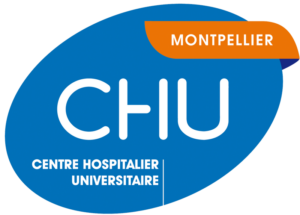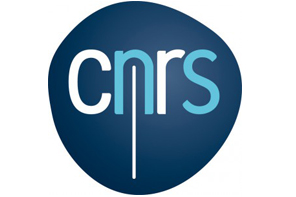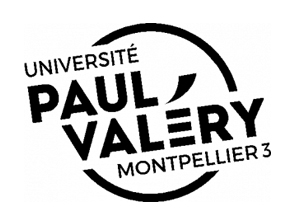
Master 2 Cancer Biology
Overview
Our understanding of cancer has improved dramatically over the past decades with the discovery of the major principles that govern the emergence and the diversity of neoplastic diseases. These advances have led to the first successful cancer therapies based on the knowledge of specific molecular targets. Yet, cancer remains the leading cause of death in developed countries. The conception and future implementation of novel, more effective therapies requires further improvements in understanding cancer biology, for which a highly multidisciplinary approach is essential.
This Masters program proposes training for research, and by doing research, in cancer, a field in which Montpellier laboratories are internationally recognized. It is conceived for students from various curricula (science, medicine, engineering). The training is supported by the Montpellier Comprehensive Cancer Center (SIRIC Montpellier Cancer), which includes about a hundred research teams located at various Montpellier research institutes, and which provide teaching and host Cancer Biology students for internships and PhDs. It also includes a cancer treatment center (ICM, Institut du Cancer de Montpellier) and the Montpellier and Nîmes University Hospitals.
In the first year, students follow a specific teaching unit (Cellular Physiopathology and Cancer) and choose from several courses shared with other programs, thus enabling a student to define their personal Master’s degree specialization. Theoretical courses are followed by a 2 to 6 month research internship and developing a bibliography for your research. Almost all courses are given by bilingual teachers who can do so in English if required.
In the second year, students are given a large degree of freedom in choosing from 5 courses within the core curriculum and 3 thematic courses in the field of Cancer. The year is completed with a full-time 6-month research internship, thesis report and oral defense. Additionally, students are expected to design a theoretical research project, and defend it in an oral presentation at the end of the year. International students integrating into the program in the second year may benefit from the Montpellier Comprehensive Cancer Center (Montpellier SIRIC) fellowships based on their academic excellence. The second year is given entirely in English.
Semesters 2 and 4 internships can be undertaken in one of the hosting teams participating in the Montpellier SIRIC, but students are encouraged to apply to labs abroad at one of several partner universities for at least one of their placements.
Objectives and careers
The program will provide students with the unique opportunity to explore the biological abnormalities underlying cancer development, sensitivity and resistance to treatments, and the scientific rationale for development of innovative anticancer therapies or combinations in a very competitive and integrated scientific and medical environment.
Through their participation in high-level theoretical courses and seminars and their involvement in experimental work in top-level laboratories, students will acquire state-of-the-art knowledge and the skills to carry out original research anywhere in the world in the ever-growing field of cancer biology.
Acquired skills
The two-year Master’s degree in Cancer Biology provides an integrated view of cancer pathology, from principles of cancer to current developments in cancer therapy. The program is based on fundamental knowledge in genetics, cell and molecular biology, then opens up to the integrated aspects of pathophysiology and finally addresses current practices and hot topics in anti-cancer therapy.
Interships
Research internships can be carried out within the Montpellier teams affiliated to the Montpellier SIRIC (see document), other teams proposing cancer-related subjects in Montpellier or elsewhere in France can also host a student from the Cancer Biology course, after validation by the course pedagogical committee. Internships can be carried out abroad, in particular in the universities of the European COIMBRA group (see links below) or at IRIC Montreal.







